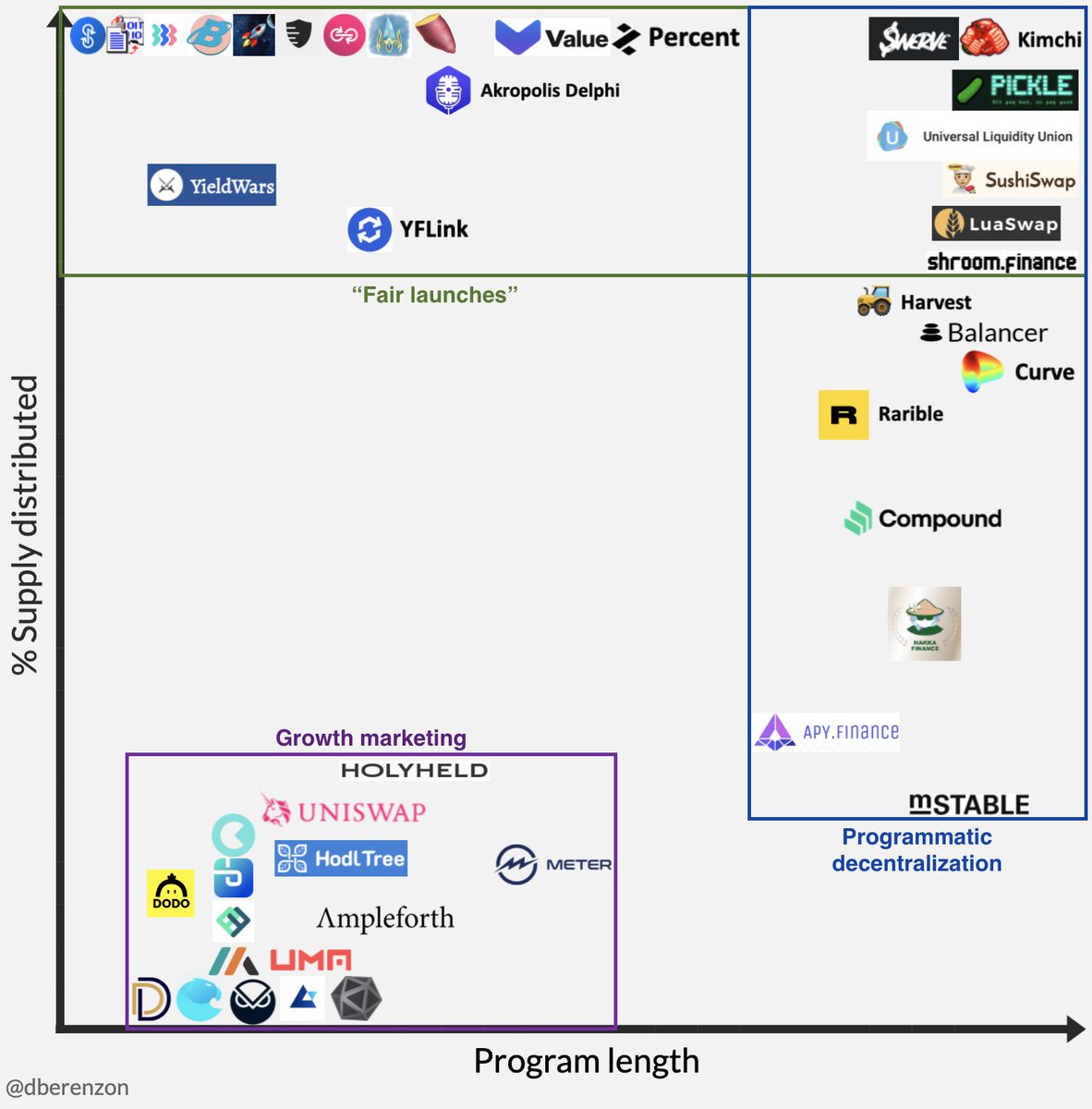
Partner @archetypevc. Prev @1kxnetwork, @Bo11inger, @CoinFund_io. Alum @CalBlockchain, @BerkeleyHaas.
How to get URL link on X (Twitter) App


 2) The vision of using cryptorails for payments is finally becoming a reality in 2025. Why now?
2) The vision of using cryptorails for payments is finally becoming a reality in 2025. Why now?






https://twitter.com/dberenzon/status/10592652921597009922/ Fortnite made $318 million in *a month* selling in-game items, and is on track to generate $2 billion in revenue in 2018. It's without a doubt that people find value in digital goods, whether for utility, reputation, or other personal reasons.